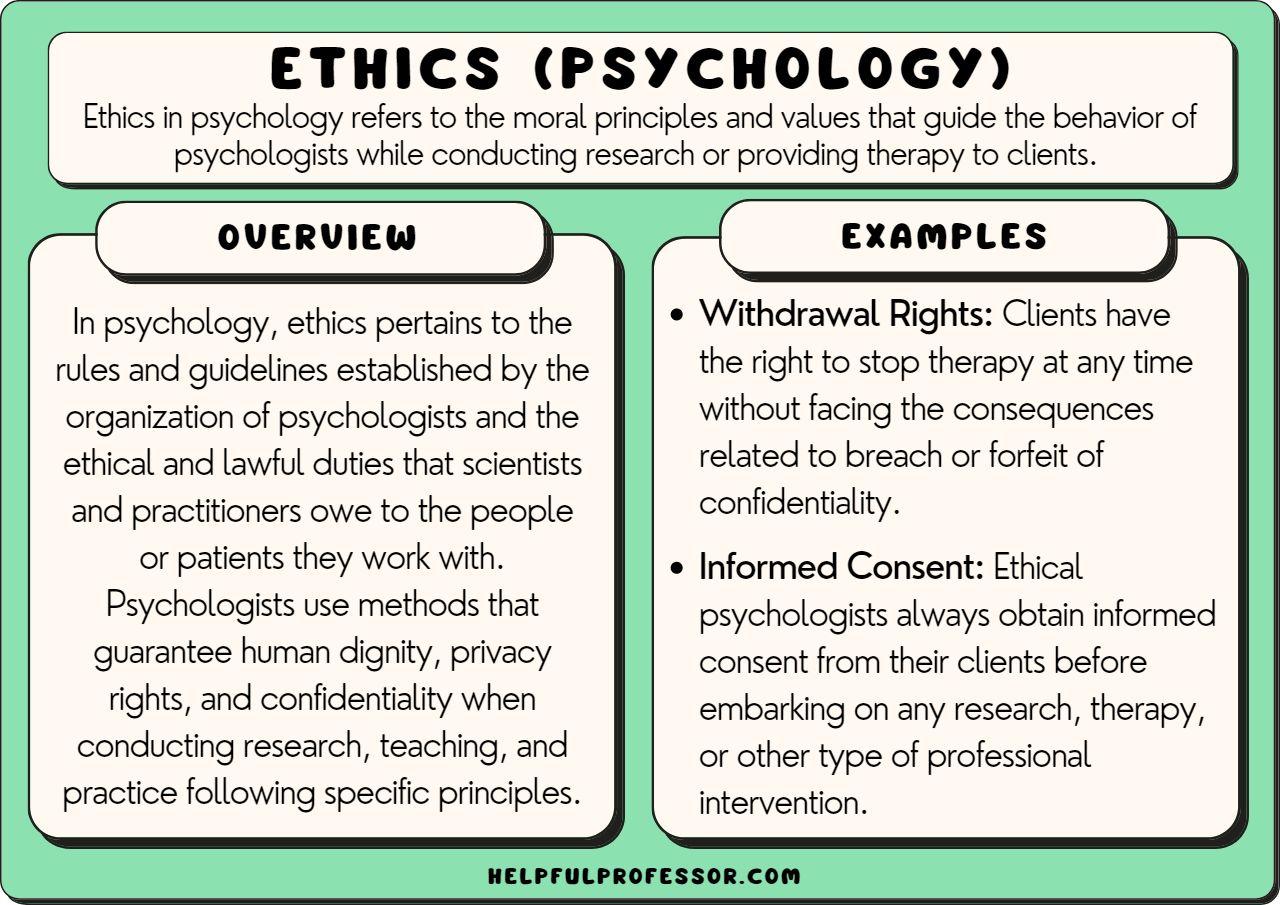Creating an Online Psychology Practice Professionally
Creating an Online Psychology Practice Professionally
Blog Article
Benefits of Starting a Psychology Office
Opening a psychology practice offers freedom that many mental health professionals desire. Instead of working under someone else’s rules, you can choose your clients.
Financially, owning a psychology practice can increase your income potential. Instead of sharing fees with agencies, you keep what you earn after expenses.
Whether you prefer a minimalist setup or a cozy therapy room, your office becomes an extension of your therapeutic style.
Costs of Starting a Psychology Office
The cost to start a psychology practice depends on services. On average, setting up a small private office might range from $5,000 to $20,000, covering licensing.
Key expenses include professional liability insurance. You’ll also need to budget for business cards.
As your psychology practice grows, reinvesting profits into better resources ensures gradual expansion without debt.

Starting a Psychology Office at Home
Decorate the space to feel welcoming and professional, using soft lighting.
You might need a business license even if operating from home.
Consider a separate phone line for professional calls.
How to Set Up a Cognitive Psychology Practice
Choosing furniture that encourages open dialogue while accommodating CBT worksheets or activities is also important.
Consider subscriptions to updated protocols to stay informed.
Use website content, blogs, and presentations to educate potential clients on CBT’s benefits.
Starting a Virtual Therapy Office
An online psychology practice opens opportunities to reach clients beyond your local area. First, select a secure, HIPAA-compliant video platform for teletherapy.
Legal and ethical considerations include checking licensure laws for providing therapy across state or country borders.
Offering webinars or free online workshops can build trust and attract new clients to your virtual services.

Creating a Community-Based Psychology Practice
Choose an office space accessible to underserved populations, possibly within a community center or shared facility.
You may need additional certifications or training in community psychology to support diverse clients.
Attend local events, offer free talks, and engage in grassroots outreach to establish credibility.
Keys to Building a Thriving Psychology Office
Tracking outcomes and client satisfaction can guide continuous improvement and boost referrals.
Consistent communication through blogs, newsletters, or workshops positions you as an expert in your niche.
Lastly, practicing self-care ensures sustainability so you can continue serving clients effectively over time.
Is Setting Up a Psychology Practice Right for You?
Whether you choose a private clinic, the process requires careful planning and commitment.
This guide covered setup tips to help you avoid common mistakes.
With passion, perseverance, montar um consultório de psicologia and ethical leia maiscomo montar um consultório de psicologia care, your psychology practice can grow into a meaningful and rewarding endeavor.
Frequently Asked Questions for New Psychologists
How much does it cost to open a psychology practice?
The cost ranges widely depending on location, size, and services. On average, setting up a small office may cost between $5,000 and $20,000, covering furniture, licenses, insurance, and marketing.
Is a home-based psychology office legal?
You may need a home business permit, soundproofing for confidentiality, and professional liability insurance.
What tools are essential for virtual therapy?
Always provide clients with informed consent about telehealth limitations and privacy practices.
How do psychologists find clients?
Word-of-mouth referrals and positive online reviews also drive growth over time.
Should I write a business plan before opening my office?
A solid plan guides decision-making and increases chances of long-term success in your psychology practice.
Report this page